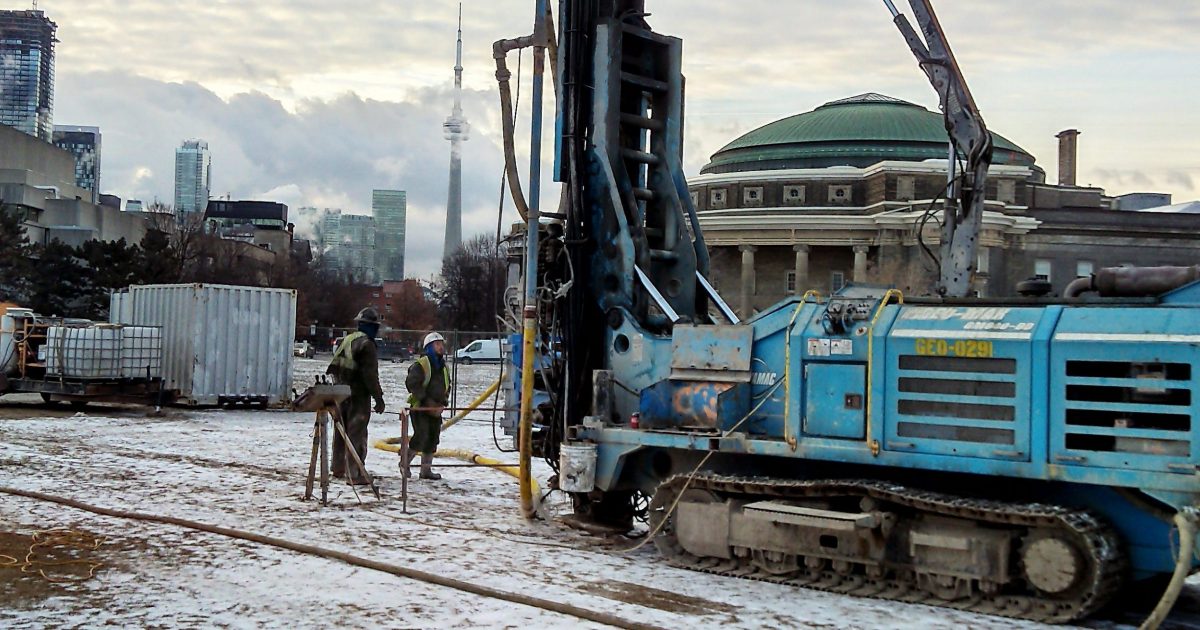I think there are some philosophical arguments yet to be hashed out about climate change and what we as a species want for this planet.
We are entirely incapable of executing climate change in a purposeful, controlled way, with a precision outcome. The risk of not merely missing some theoretical target, but of unintended and possibly catastrophic consequences make such a notion entirely too risky at this time.
The greatest issue I think is not that we are changing the climate but that we are changing the climate unintentionally.
And without any precision. +/- 2 degrees C in this case is enormous, and modelling would suggest that 2 would be around the mid-US, while the further you get from the equator the higher the high number.
Furthermore, what artificial state exactly should we keep the earth in to feel happy about it?
The issue is not one of seeking to halt all natural range in climate (though we may wish, in theory, were we capable to mitigate against the greatest extremes).
The issue is that we are artificially accelerating a natural warming and carbonizing trend in a very substantial way with potentially adverse to human results.
The human mind essential exists for and because of climate change adaptation so I highly doubt climate change is particularly threatening from a survival perspective; however, it will upset the world order of today
More than a little.
Will the species survive? More than likely.
However, suppose Ocean levels rise at the high end of the predicted range?
No sea wall would adequately protect NYC, or Miami, or low-lying parts of L.A. or Vancouver, etc. Similar issues abound globally.
We're talking, admittedly over decades, but compelling migration and abandonment and then replacement of infrastructure on a planetary scale, relocating perhaps, 1 Billion people.
There are currently 64 million forced migrants in the world fleeing wars, hunger, persecution and a growing force: climate change. UN forecasts estimate that there could be anywhere between 25 million and 1 billion environmental migrants by 2050. Understanding the climate change-migration nexus...

www.climateforesight.eu
Many ranges for that early are lower, but consistently come in between 25M - 150M in that time frame and sometimes, as above, higher.
But we are looking at 1B by 2100, and maybe more.
That's staggering.
You need to consider there will be fewer places to put said dislocated people.
Rising sea levels will also displace agricultural lands as well.
Not to mention major un-knowables such as impacts on ocean currents (Gulf Stream) and air currents (Jet Stream).
While these may not be impacted at all, we simply lack good info, the risk is enormous.
Yes adaptation is possible. But why would we want to endure enormous pain and cost by accelerating or exacerbating the scale of the problem?







